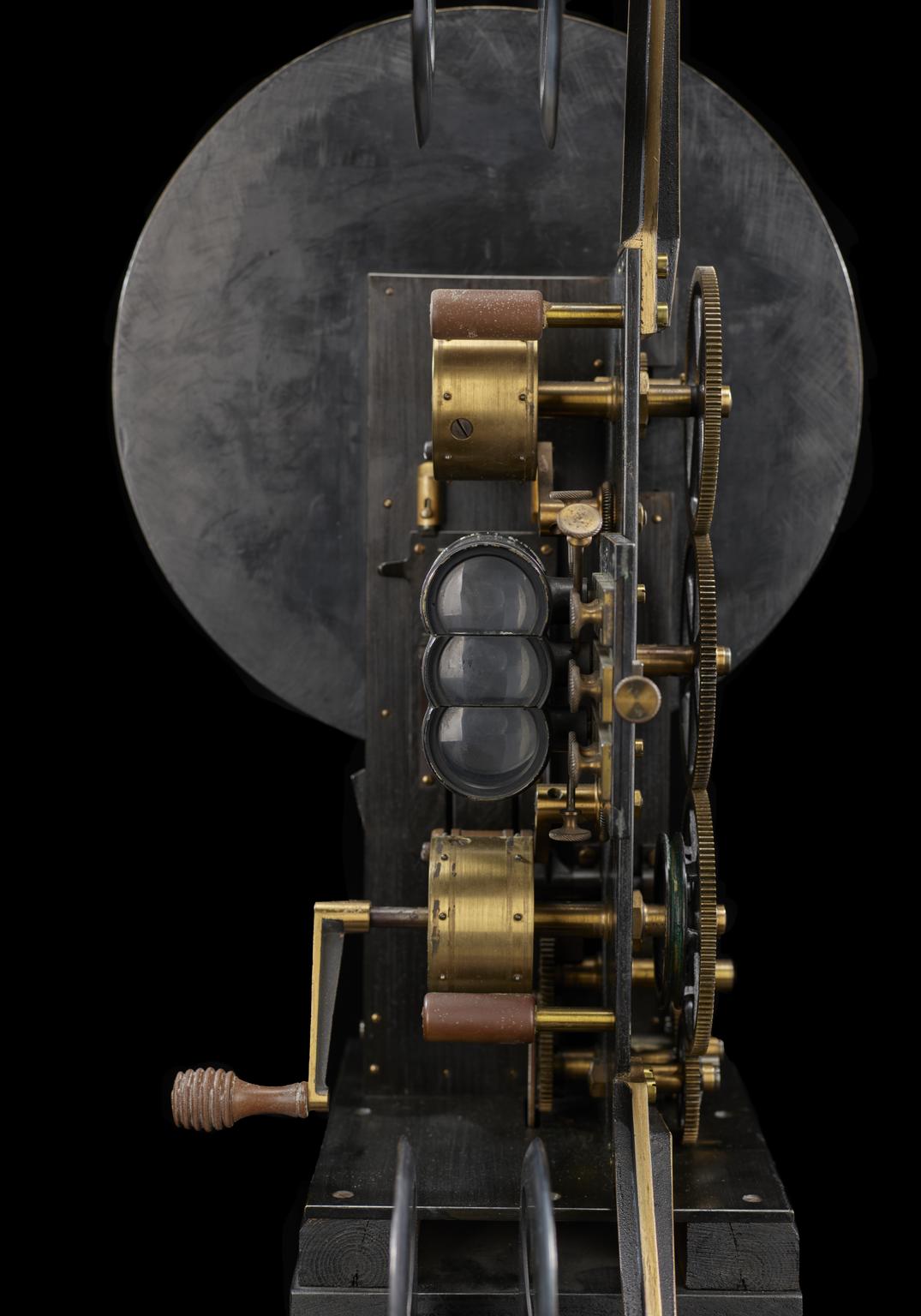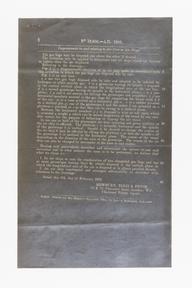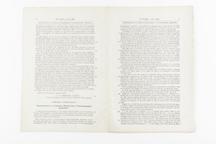
38 mm Lee and Turner three-colour ciné film projector
Projector for the Lee and Turner 38mm sequential-frame three-colour film process. Made by Alfred Darling, 1902. This has a three-frame gate and three lenses designed to align the three images in register on a screen.
The black-and-white film shown in the projector had been taken so that sequential frames were photographed through red, green and blue filters. A rotating filter wheel in segmented bands of red, green and blue is positioned between the light source and the film gate so that the colour of light that passed through each frame matched that by which it had been taken. The projected, superimposed images thus combined to show a full-colour picture. The projector advanced the film one frame at a time (at a speed of 16 frames per second) so the colour of light had to 'follow' the film in the gate: thus the segmentation of the filter wheel.
- Measurements:
-
overall: 745 mm x 330 mm x 490 mm, 16 kg
- Materials:
- wood (unidentified) , brass (copper, zinc alloy) and glass
- Object Number:
- 1919-230/1
- type:
- cine projector










